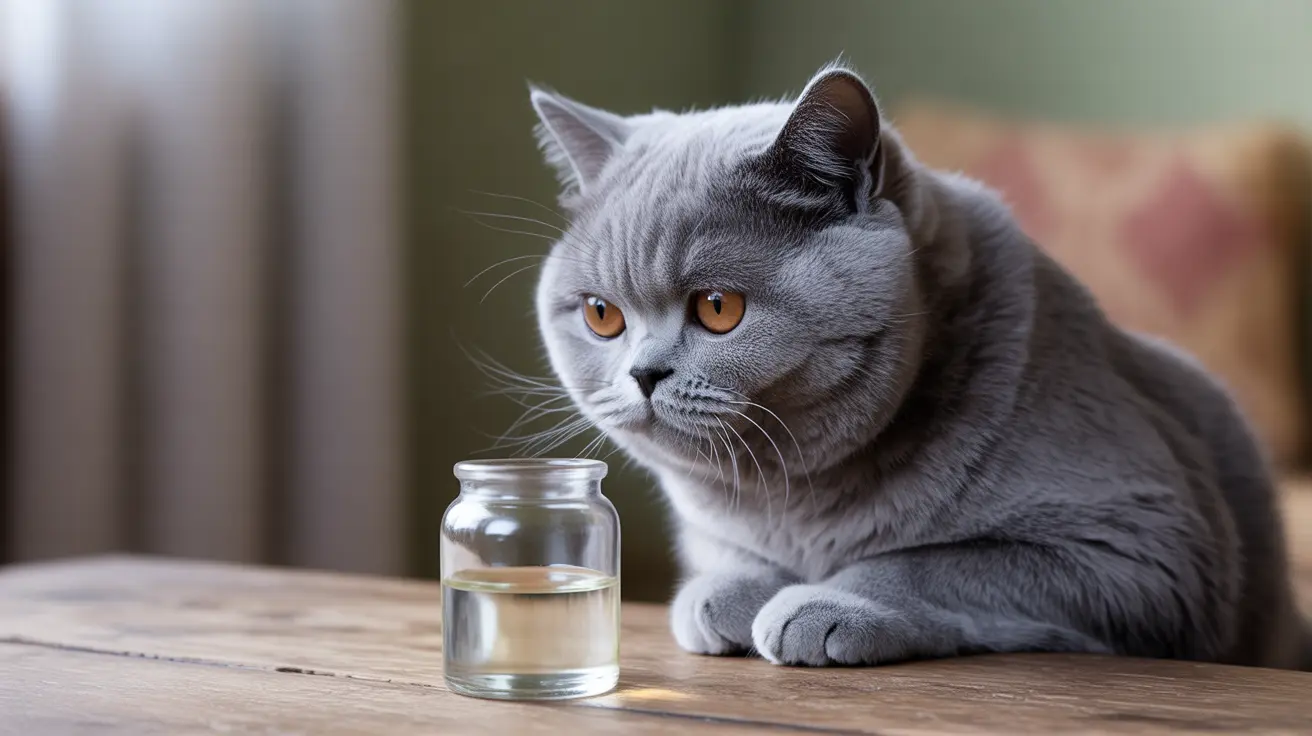Understanding what smells cats hate isn't just fascinating—it's essential knowledge for every cat owner. With a sense of smell up to 14 times stronger than humans, our feline friends can be particularly sensitive to certain scents. This comprehensive guide will explore the seven most common smells that cats actively avoid and explain why these odors can be so offensive to our furry companions.
The Science Behind Cats' Sensitive Noses
Before diving into specific scents, it's important to understand why cats are so sensitive to smells. Cats possess between 45-80 million olfactory receptors, compared to humans' mere 5 million. This extraordinary sensory capability means that what might seem mild to us could be overwhelming for our feline friends.
The 7 Most Common Smells Cats Hate
1. Citrus Scents
Cats have a natural aversion to all citrus fruits, including lemons, oranges, limes, and grapefruits. The strong, acidic smell is particularly offensive to their sensitive noses, and the natural compounds in citrus can be overwhelming. Many cat owners use citrus peels or diluted juice as a natural deterrent in areas where cats aren't welcome.
2. Lavender and Essential Oils
While humans often find lavender calming, cats typically detest this floral scent. More importantly, lavender essential oil can be toxic to cats, making their natural aversion a helpful survival instinct. This applies to many essential oils, which should never be used around cats.
3. Strong Spices
Chili powder, cayenne pepper, and other spicy substances are particularly offensive to cats. The capsaicin in these spices can irritate their nose and eyes, causing significant discomfort if they get too close.
4. Chemical Cleaners
Ammonia-based products and strong chemical cleaners are particularly problematic for cats. Not only do these smell unpleasant to them, but they can also cause respiratory issues and other health problems.
5. Banana
Surprisingly, many cats have a strong aversion to banana scents, particularly the peel. This natural deterrent can be useful for keeping cats away from specific areas, though the peels should be replaced regularly.
6. Eucalyptus
The strong menthol components in eucalyptus make it another scent cats actively avoid. Like many essential oils, eucalyptus can be toxic to cats, so their natural aversion serves as a protective mechanism.
7. Vinegar
The sharp, acidic smell of vinegar is particularly offensive to cats. While safe when diluted, vinegar's strong scent makes it an effective natural deterrent for unwanted cat behavior.
Safe Usage and Precautions
When using any of these scents as deterrents, it's crucial to prioritize your cat's safety. Always dilute substances appropriately and never use essential oils or toxic chemicals where cats might come into direct contact with them. Monitor your cat for any signs of distress or adverse reactions.
Frequently Asked Questions
What are the most effective smells to deter cats from certain areas?
Citrus scents and diluted vinegar solutions are among the most effective and safest deterrents. These can be used to keep cats away from specific areas without risking their health.
Why do cats hate citrus scents like lemon and orange so much?
Cats' heightened sense of smell makes the strong, acidic compounds in citrus fruits overwhelming and unpleasant. This natural aversion may also be an evolutionary protection against potentially toxic substances.
How can I use safe, non-toxic smells to keep cats away from my garden?
Plant citrus peels or spray diluted vinegar solution around garden borders. You can also plant natural deterrents like citrus-scented plants or lavender, keeping in mind that these should be out of reach to prevent ingestion.
Are essential oils safe for use around cats, and what are the risks?
Most essential oils are toxic to cats and should never be used around them. Even diluted oils can cause respiratory issues, liver damage, and other serious health problems if inhaled or absorbed through the skin.
What are some common household scents that can cause distress or discomfort for cats?
Strong cleaning products, air fresheners, scented candles, and perfumes can all cause distress in cats. Always ensure proper ventilation when using these products and keep cats away from areas where these scents are present.






